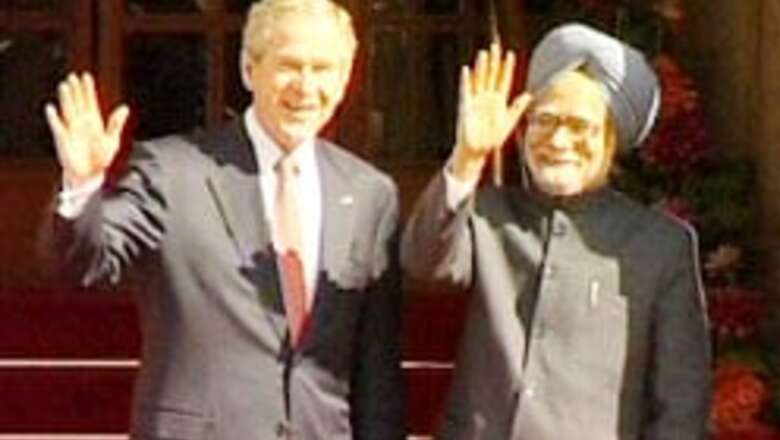
views
New Delhi: India's top nuclear scientists are holding a conclave at a secret time and venue on Friday to discuss and analyze the enabling US Act on the Indo-US nuclear deal just three days before US President George W Bush is to sign the legislation into law.
The meeting, called by Atomic Energy Commission Chairman Anil Kakodkar, is likely decide on the appropriate steps that India is required to take in view of the concerns being express by the scientific community on some of the clauses of the Act.
Ahead of the meeting, Kakodkar met Prime Minister Manmohan Singh on Wednesday to discuss the issue. The PM told the man in charge of atomic energy that he will consult all those involved 'directly or indirectly' with the Indo-US nuclear deal before taking a final decision on it. Kakodkar briefed the PM about the concerns on the nation's security as well as the country's three-stage nuclear power programme following the passage of US Congress bill on December 8.
The meeting has been kept a secret as the Department of Atomic Energy (DAE) did not want any media interference, DAE sources said.
All the six scientists, who had written a joint letter to the PM in August 2006 expressing concerns over the deal, will take part in the meeting. They include former AEC chairmen Dr Homi Sethna and Dr P K Iyengar; Dr A N Prasad, former director of BARC and member of IAEA inspection team to Iraq; former Chairman of the Atomic Energy Regulatory Board Dr A Gopalakrishnan; Dr Placcid Rodriguez, former Director of Indira Gandhi Centre for Atomic Research, Kalpakkam, and Dr M R Srinivasan, former chairman of AEC and currently an AEC member.
"The Prime Minister has told me that everbody, who are involved directly or indirectly with the deal, will be kept on board (for discussion) before any final decision is taken on the deal," PTI quoted Kakodkar as saying.
PK Iyengar has been among the vocal ones among the scientific community, who have been opposing the deal tooth and nail. He claims that the US Act makes India a party to the NPT, the Fissile Material Cut-off Treaty and the Comprehensive Test Ban Treaty (CTBT). Iyengar is also annoyed by the suggestion that Washington will terminate civilian cooperation if India conducts a nuclear test. "It is impossible to have a minimum credible deterrent without conducting nuclear tests," he says.
Sethna has also slammed the deal. "The nuke deal is not in India's interest. It favours USA and it can walk out of the deal any time. We should explore other sources of energy," he says.
Dr M R Srinivasan, who is a member of AEC at present, has also suggested that India needs "to work for further negotiations on the 123 Agreement. If that is modified in favour of India then we will go ahead in signing the deal," he says.
Srinivasan is also concerned over the denial of access to India to full civil nuclear cooperation. "We have advanced technologies. The key issue is that we do not want to be denied the right to reprocess the fuel we get from outside, whether it is natural uranium or enriched uranium because we need the plutonium for our Fast Breeder Reactors and thorium utilisation programme," he has pointed out.
On his part, Kakodar has insisted that India's indigenous nuclear programme will have to continue despite the civil nuclear imports. The civil nuclear cooperation is only an 'additionality' to the indigenous programme. "We are also vigorously augmenting uranium mining for our Pressurised Heavy Water Reactor programme," he says.
Given this position, the conclave of scientists might come out with a tough line on the nuclear deal. In such an event, the Indian Government might be caught in an awkward situation given the pressure from the Opposition BJP and the Left, which have gone head-over-heels in their efforts to stall the deal.













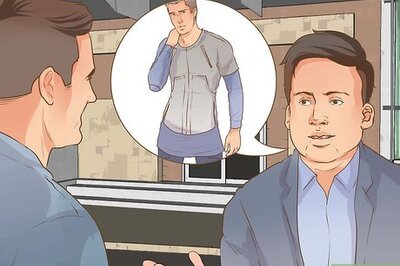
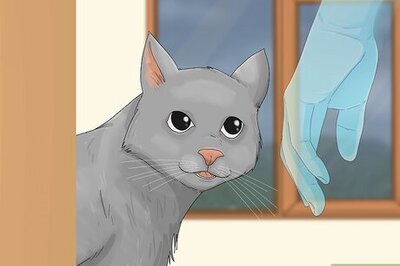

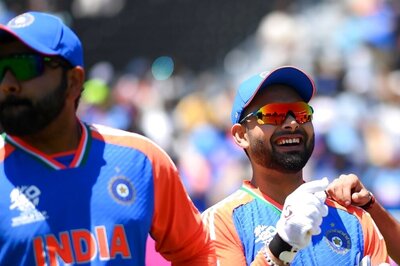
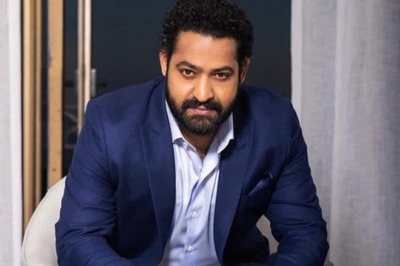


Comments
0 comment